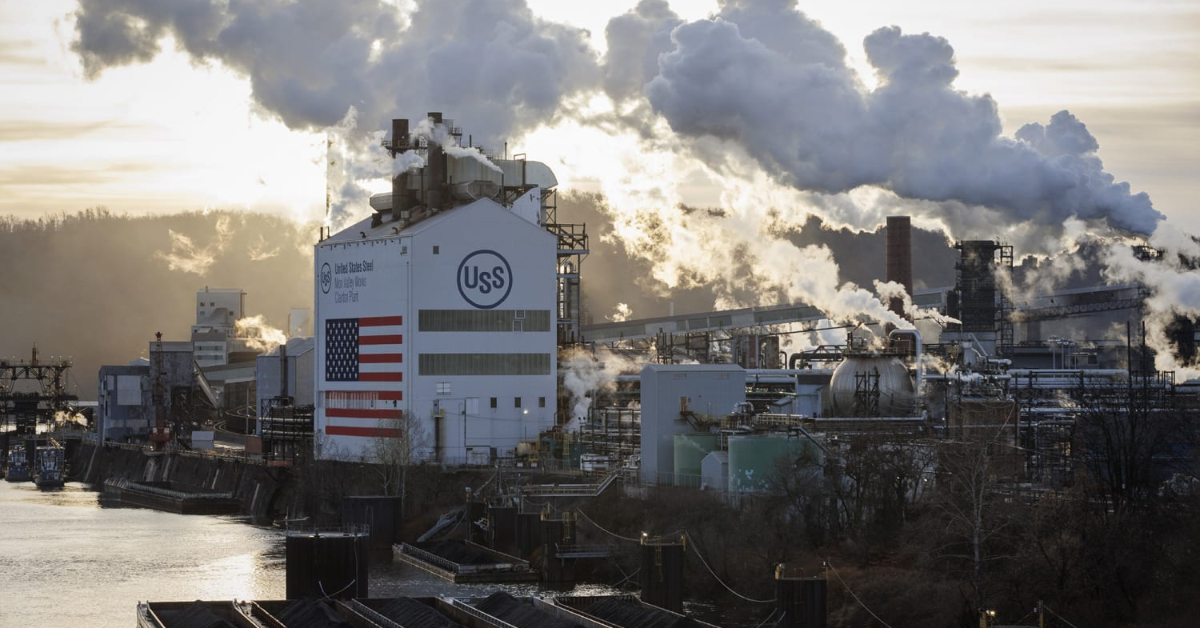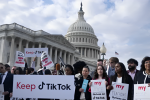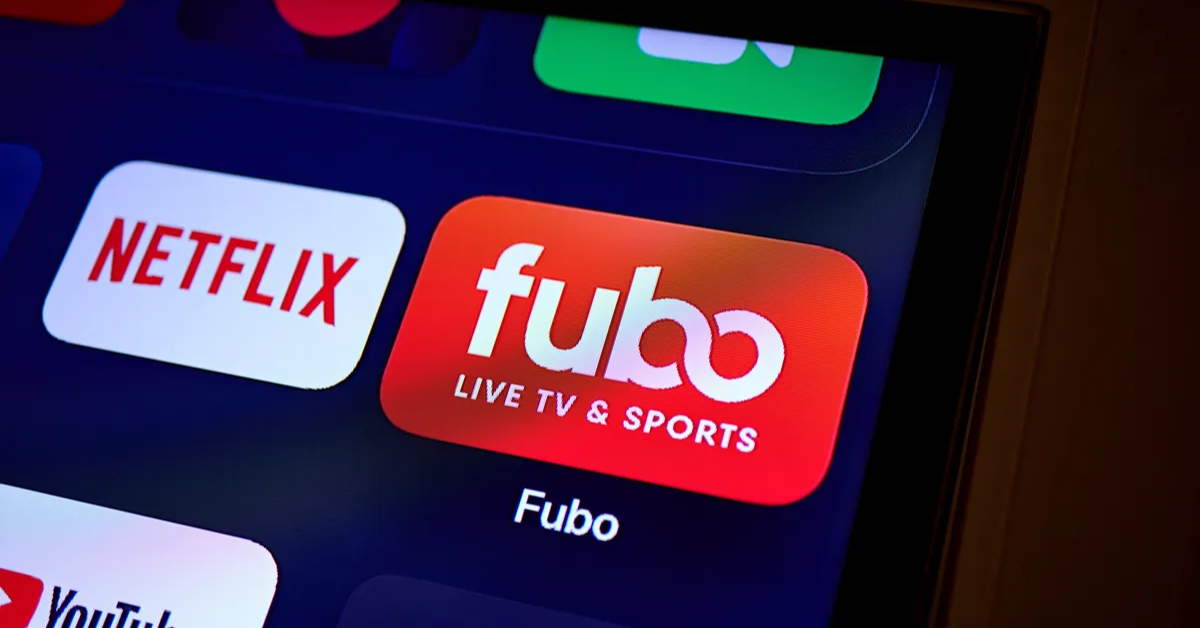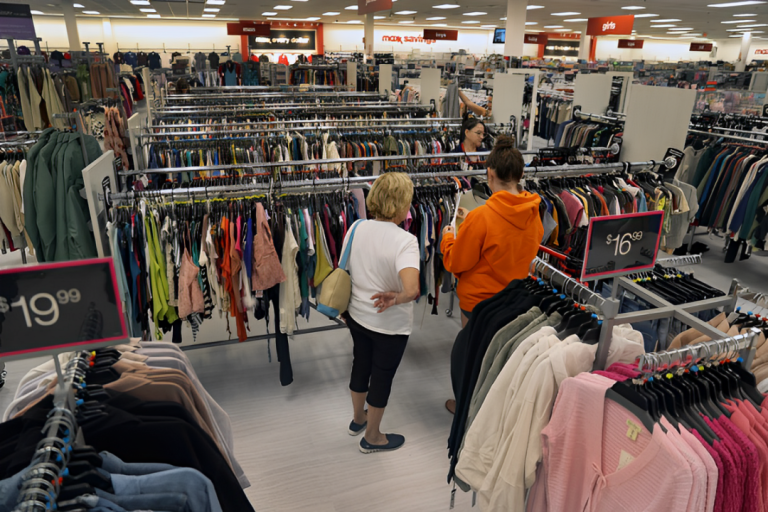U.S. Steel and Japan’s Nippon Steel have filed a lawsuit against the Biden administration after the president blocked a proposed $14 billion deal for the American steel giant.
The lawsuit also names United Steelworkers (USW) union president David McCall and Cleveland-Cliffs CEO Lourenco Goncalves as defendants. The two companies claim that the president’s decision to block the acquisition was politically motivated, driven by a desire to gain favor with the USW, which represents many of U.S. Steel’s workers.
The acquisition, which Nippon Steel had proposed to buy U.S. Steel, faced scrutiny from a U.S. Treasury Department committee that reviews foreign ownership deals for potential national security risks.
Although the committee failed to come to a consensus on whether the deal posed a security risk, it asked President Biden for a final decision. Biden’s veto of the deal was based on concerns that allowing the transaction would hurt American supply chains and put thousands of U.S. jobs at risk.
In their legal action, U.S. Steel and Nippon Steel argue that the decision was influenced by the USW union’s opposition, which ultimately swayed the Biden administration’s stance. The companies also accuse McCall, along with Cleveland-Cliffs’ Goncalves, of coordinating efforts to sabotage the deal.
A spokesperson from the Biden administration defended the president’s decision, stating that national security experts had determined the acquisition would harm U.S. security interests. The statement emphasized that Biden’s priority was to protect U.S. infrastructure and supply chains, crucial for the country’s long-term security.

McCall, the USW leader, supported the president’s decision, saying it safeguarded both national security and the American steel industry. He argued that blocking Nippon Steel’s attempt to take over U.S. Steel helped preserve jobs and maintain the integrity of vital domestic industries.
On the other hand, Cleveland-Cliffs CEO Lourenco Goncalves criticized the lawsuit as an attempt to shift blame. Goncalves said U.S. Steel and Nippon Steel were trying to deflect responsibility for the failed deal, which he argued had faced widespread opposition, including from former President Donald Trump, who had also voiced concerns about the national security risks of the acquisition.
Following the filing of the lawsuits, President-elect Donald Trump commented on the situation, reiterating his opposition to the deal and arguing that tariffs could make U.S. Steel more profitable in the future.
Trump also expressed his belief that U.S. Steel could regain its former glory as the world’s leading steel company if it remained independent and focused on its core mission.
This legal battle highlights the deep divisions surrounding the potential sale of U.S. Steel, with political, economic, and national security considerations at the forefront. The outcome of the lawsuits could have significant implications for the future of U.S. Steel, Nippon Steel, and the American steel industry as a whole.
Note: Every piece of content is rigorously reviewed by our team of experienced writers and editors to ensure its accuracy. Our writers use credible sources and adhere to strict fact-checking protocols to verify all claims and data before publication. If an error is identified, we promptly correct it and strive for transparency in all updates.







Leave a Comment